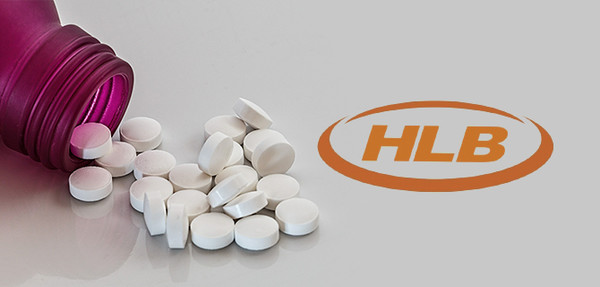HLB's anticancer drug candidate rivoceranib has won an orphan drug designation from the U.S. Food and Drug Administration for treating liver cancer.

The company is conducting global phase 3 clinical trials of rivoceranib and cancer immunotherapy camrelizumab as first-line treatment for liver cancer.
HLB, which got FDA’s orphan drug designation for camrelizumab in April and received the same status for rivoceranib this time, said the company expects to shorten the approval period for its drug candidates in the future.
The FDA's orphan drug designation supports smooth development and approval of treatments for rare and intractable diseases. Once designated as an orphan drug, the drug developers can benefit from reduced the period required for approval and clinical trials, tax credit, and seven years of exclusivity after obtaining authorization.
The phase 3 study of rivoceranib for liver cancer is underway in Korea, the U.S., Europe, China, and Taiwan. It uses overall and progression-free survival as the primary evaluation index and compares the results with its competitors.
HLB has recruited 510 patients to conduct the trial in 10 hospitals in Korea, including Asan Medical Center, Samsung Medical Center, and Seoul National University Hospital.
Rivoceranib inhibits vascular endothelial growth factor receptor (VEGFR)-2, involved in cancer angiogenesis, and activates and normalizes immune cells, showing a good combination with other types of anticancer drugs, such as chemotherapy and an immune checkpoint inhibitor.
In March, China approved camrelizumab following a nod for rivoceranib in December last year as second-line treatments for liver cancer and began marketing under the brand name Apatinib.
HLB is preparing to apply for marketing approval of rivoceranib as a therapy for end-stage gastric cancer and is simultaneously conducting phase 2 clinical trials for adenoid cystic, liver, and colon cancer. In addition, it has completed recruiting patients for adenoid cystic cancer in Korea and the U.S.

